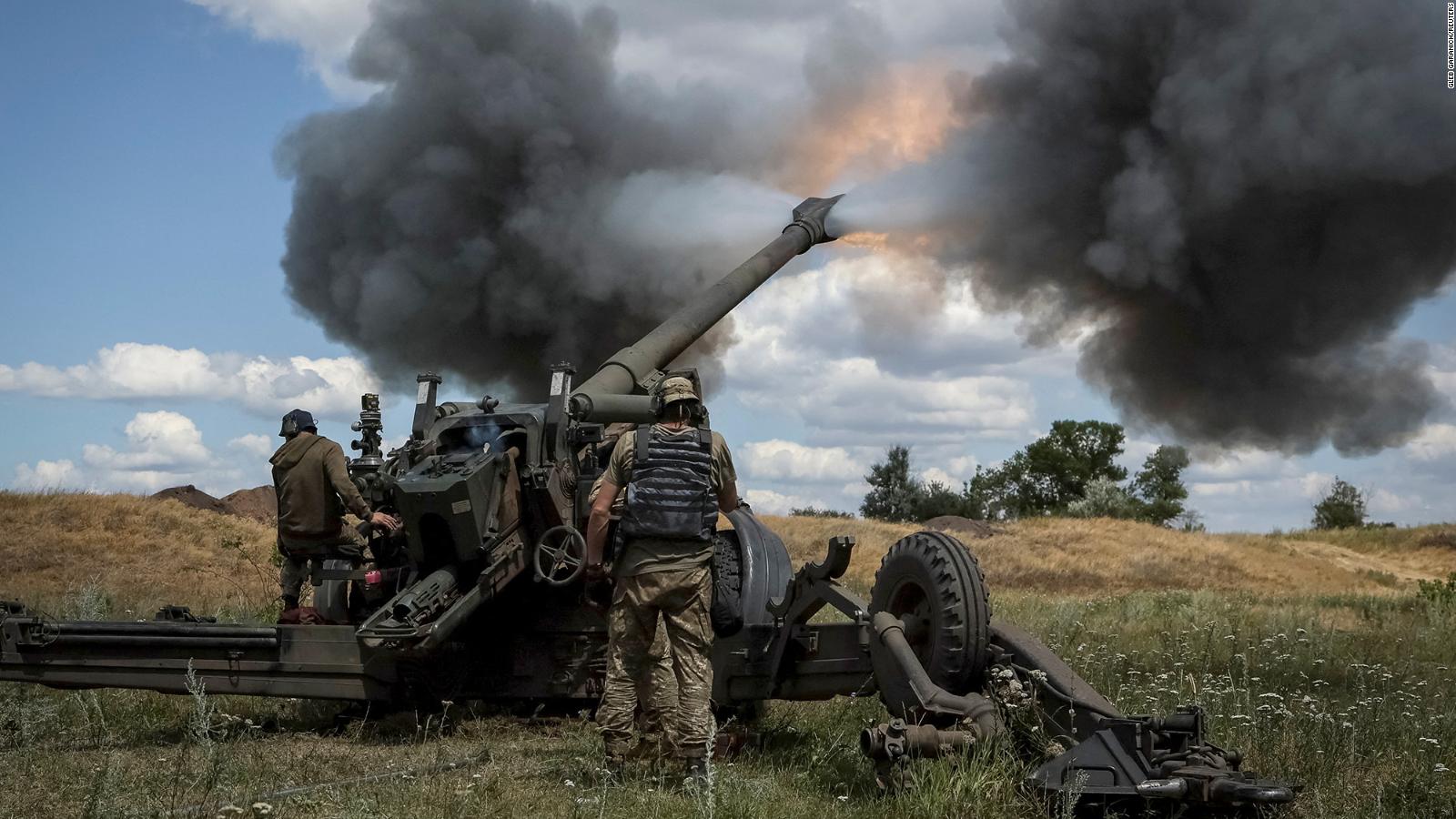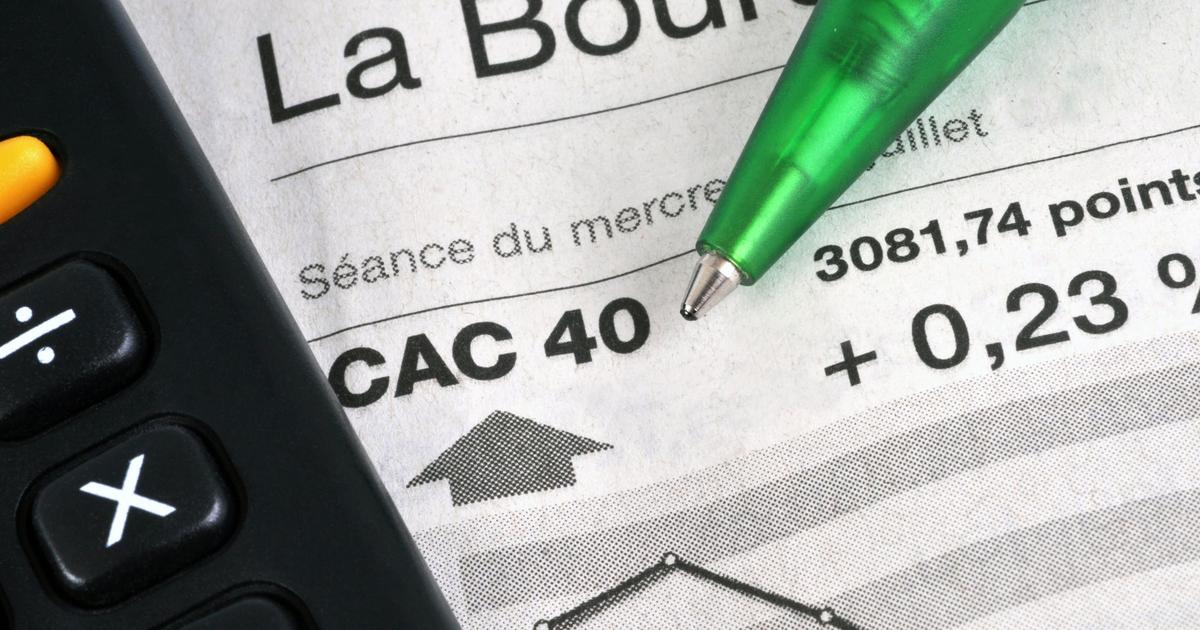Video summary of the war Ukraine - Russia: August 24 9:43
London (CNN Business) --
When Russian President Vladimir Putin launched his unprovoked invasion of Ukraine in late February, investors were as surprised as the rest of the world.
They were quick to digest the fallout, as the war disrupted supply chains and triggered unprecedented Western sanctions, straining a global economy already under strain.
Latest news from Russia's war in Ukraine
Six months after the conflict, uncertainty still dominates.
The war continues to stoke global inflation, increasing pressure on politicians to raise borrowing costs, and global companies have to deal with the ongoing fallout.
The drumbeat of headlines from Ukraine, traders say, is impossible to ignore.
At least 22 dead after attack on train station in Ukraine 0:42
"It's still a big factor," David Coombs, director of multi-asset investing at Rathbones, told me.
"It's very relevant right now and unfortunately it's very hard to see that changing."
These figures show the true human cost of Russia's war in Ukraine
After a strong summer rally, US stocks are just 2.3% lower than they were at the end of February.
But the gloomy mood continues to influence investment decisions.
What happens next in the conflict could also influence the Fed's next steps, which remain a key determining factor for the market's trajectory.
Shares of European companies, which are most directly exposed to the war and the energy crisis it caused, are almost 5% lower.
They face a much darker picture.
If the war were to end, Coombs said shares in European companies such as Germany's Siemens could see a big rally.
But he expressed little optimism on that front.
advertising
"There is no end in sight. There is no obvious meeting between the two countries," he said.
"At the moment, you will be taking into account that this war continues until 2023."
The war in Ukraine seems stalled: what could happen now?
The long arm of the conflict is not only hanging over the global stock market.
Zelensky's speech on Ukraine's Independence Day 2:41
Agricultural products.
The cost of wheat has fallen sharply after hitting an all-time high in March, as investors welcomed a deal brokered by the United Nations and Turkey to restart grain exports from key Ukrainian ports.
But Tracey Allen, agricultural commodity strategist at JPMorgan Chase, said complicated logistics continue to limit shipments from Ukraine and extreme weather could push prices higher again in the coming months.
"The market really needs the grain volumes coming out of Ukraine, but it doesn't look like we're going to have any normalization in the flow of exports without a ceasefire," he told me.
Energy prices.
World oil prices spiked as high as $139 a barrel in early March but have fallen on growing fears of a recession that could hit fuel demand.
They have shed about 18% since the beginning of June.
Why did Russia attack and invade Ukraine?
What are the reasons and the origin of the conflict?
Yet natural gas prices are soaring as Russia fiddles with supplies to Europe through key pipelines and heat waves increase electricity use.
They reached a record in Europe this week and a 14-year high in the United States.
The industry is taking a beating and consumers are facing a desperate winter.
The meaning of Russian tanks that Ukraine exhibited in Kyiv 1:18
Foreign exchange.
The euro hit a two-decade low this week on fears an energy-strapped Europe could slip into a harsh recession.
Last month, it reached parity with the strengthening US dollar for the first time since 2002.
The strong dollar, which gains ground when investors are stressed and want to keep their money safe, could put emerging markets that pay for imports in dollars at risk.
It could also hurt more developed economies.
“At this stage, we find it unlikely that there will be a sustained rally in most [major] currencies against the dollar,” ING strategists said in a note this week.
war in ukraine






